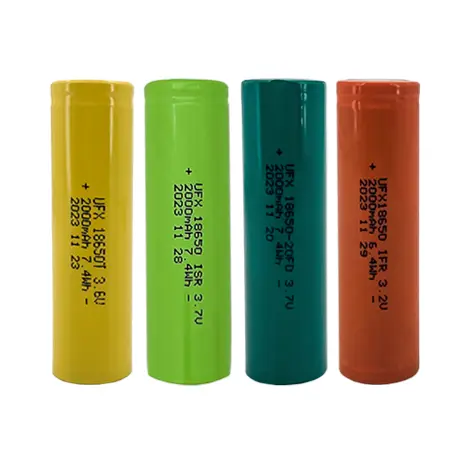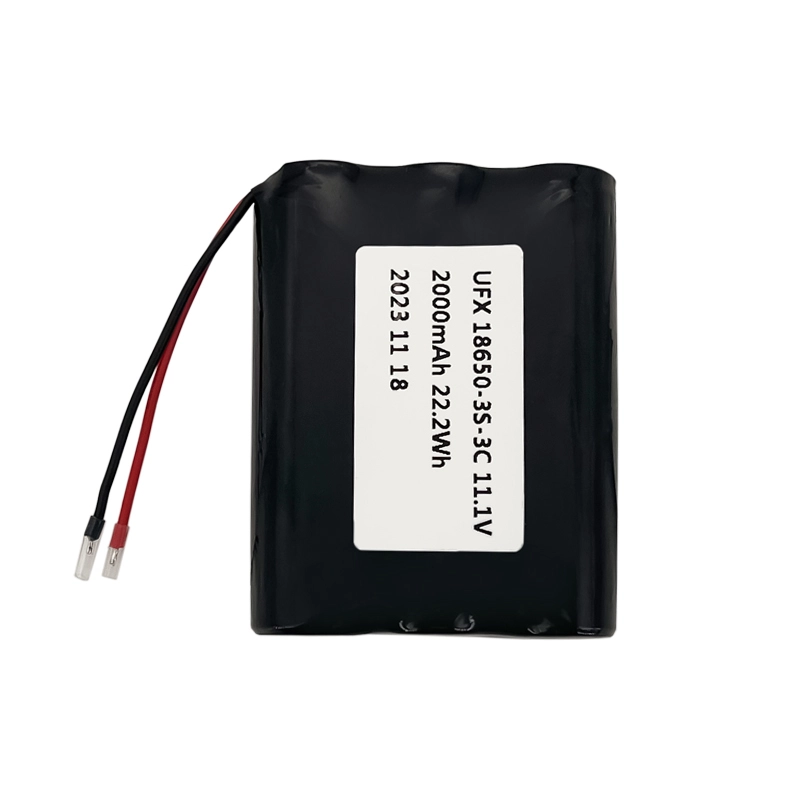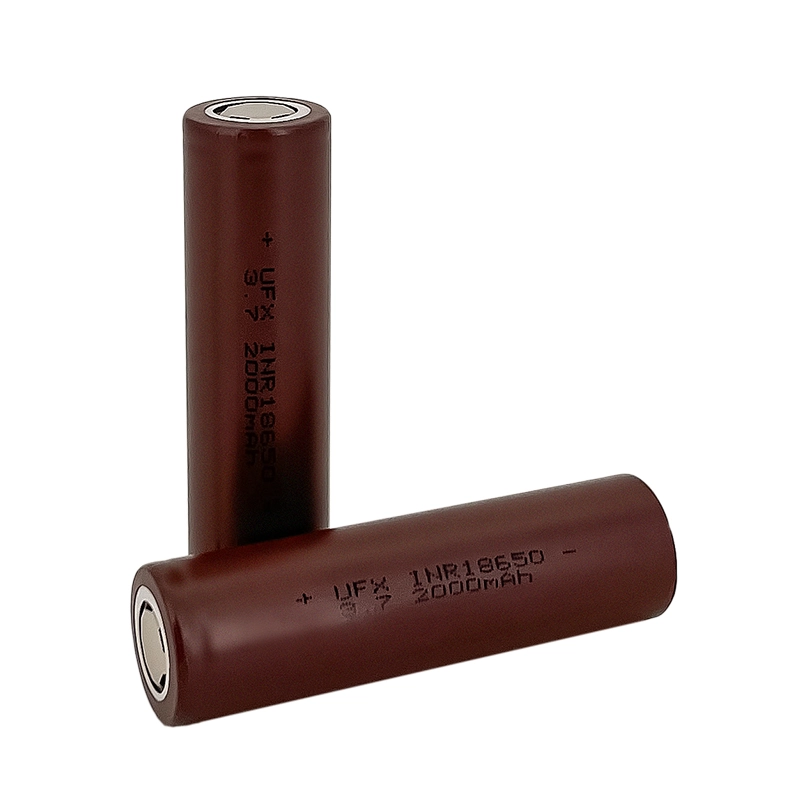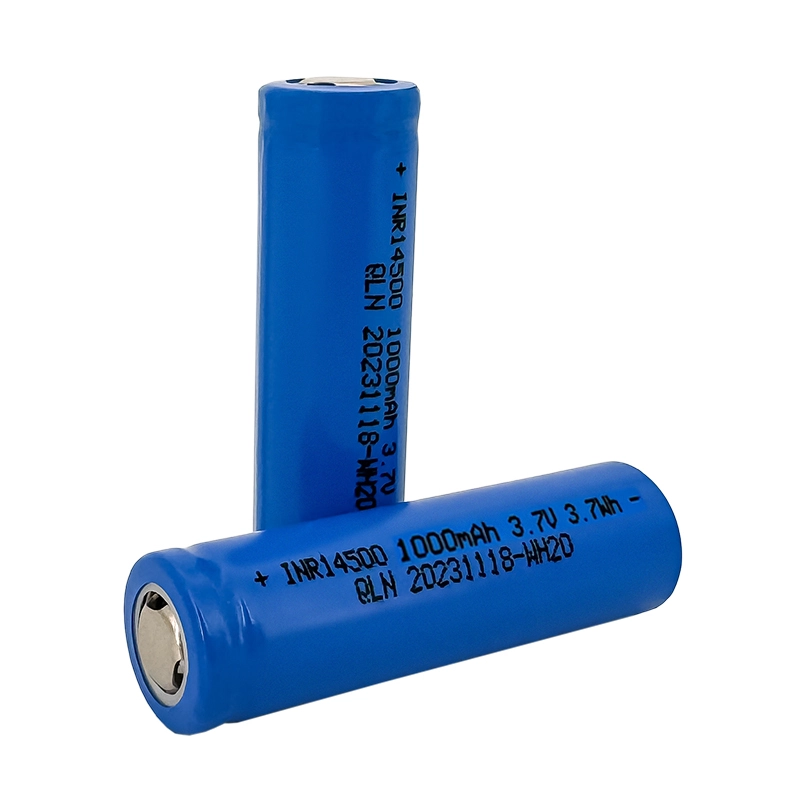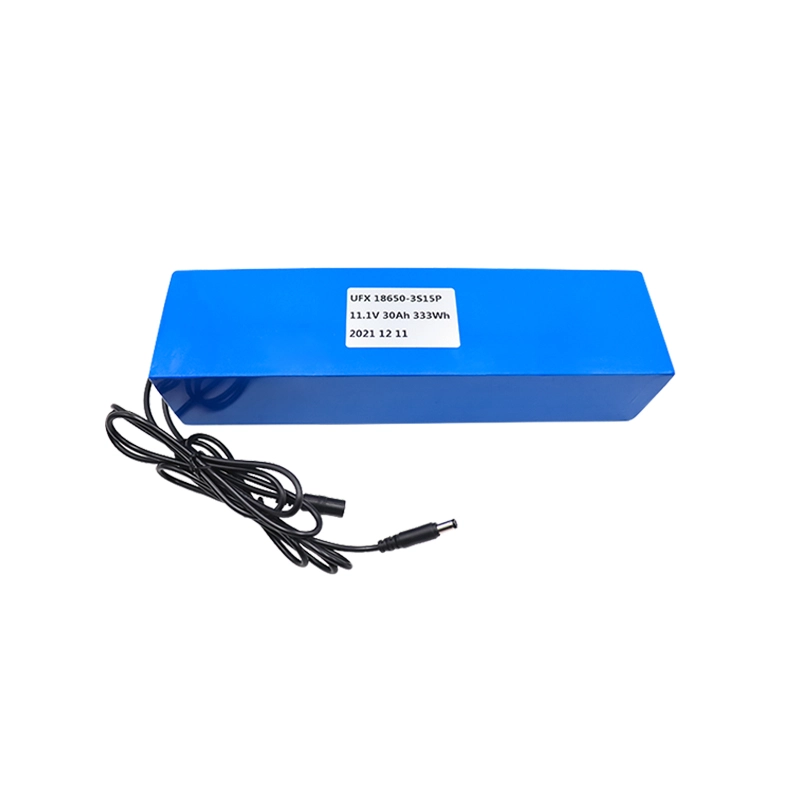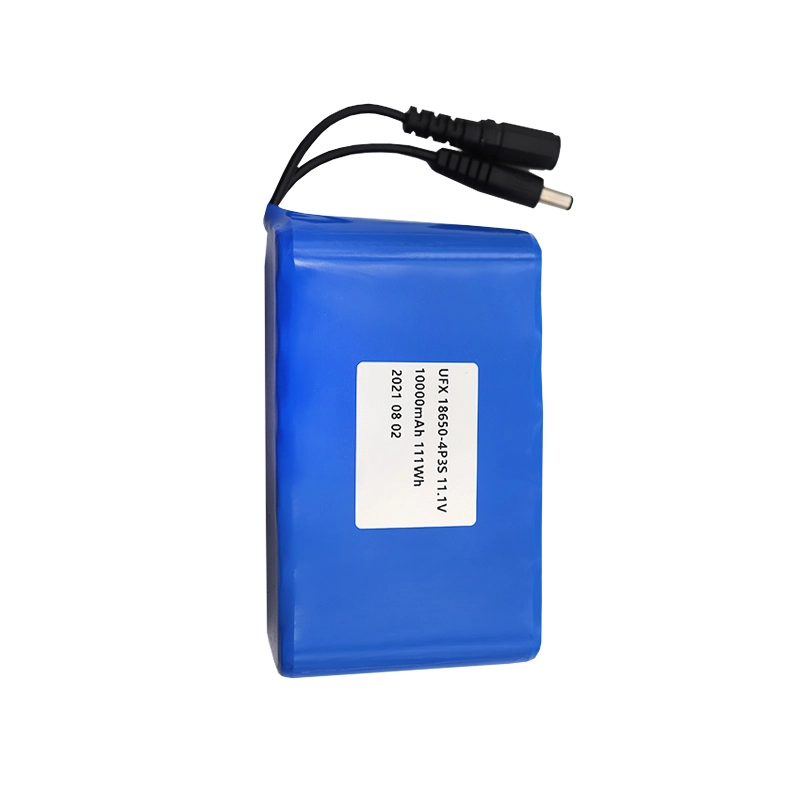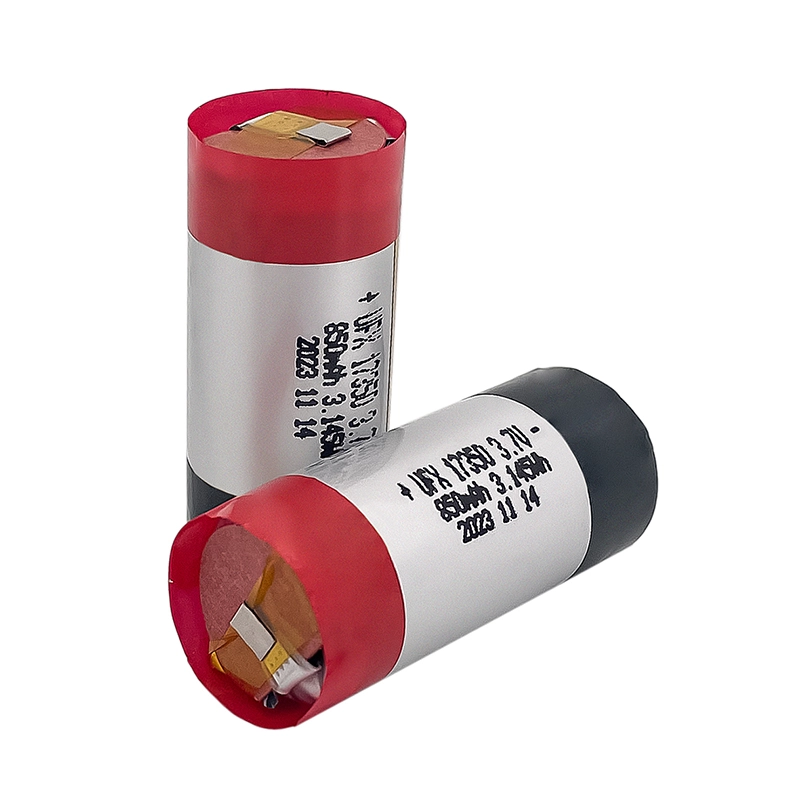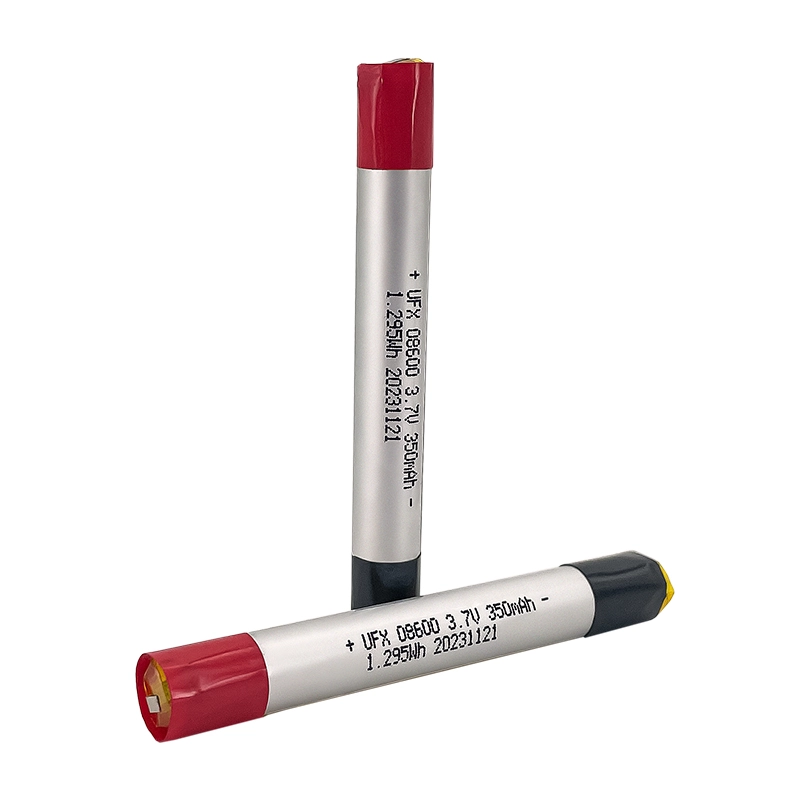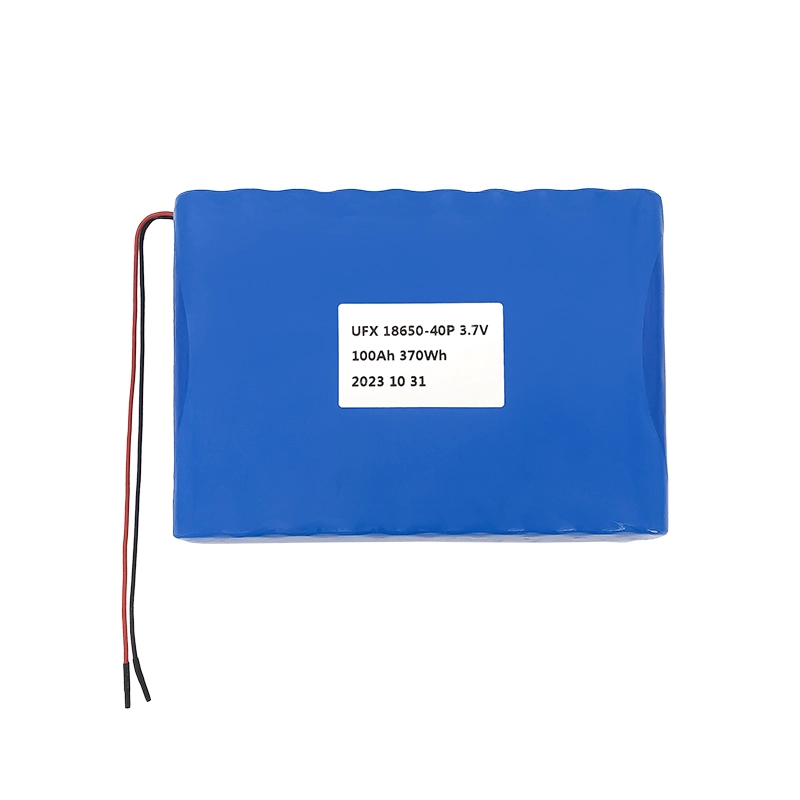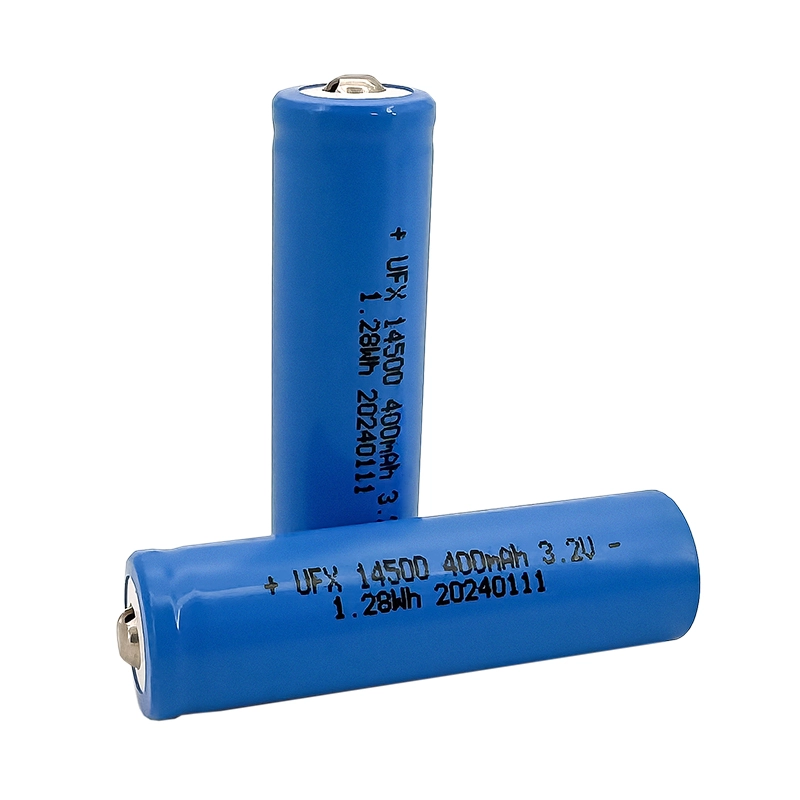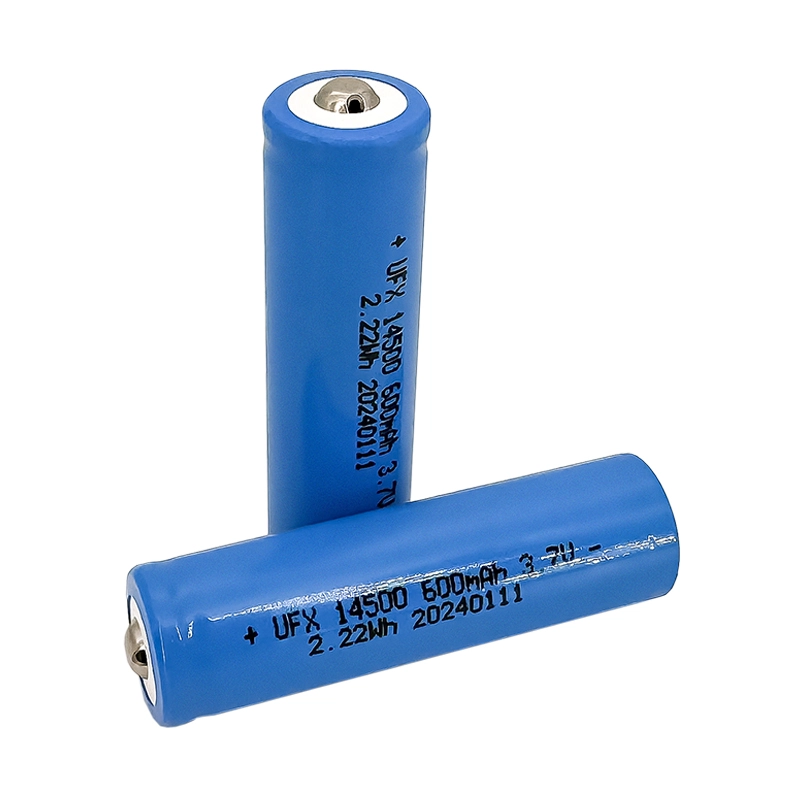Applications of 18650 Battery 2000mAh

Speaker Battery
Lithium-ion batteries offer a longer lifespan, higher energy density, and cost-effective operation for speakers. They ensure uninterrupted musical experiences.

Hair Clipper Battery
Hair Clipper batteries are used to provide the required power for Hair Clipper because of their high energy density, stable performance, and the ability to be recharged and used repeatedly.

Toothbrush Battery
Electric toothbrushes are often powered by rechargeable lithium-ion batteries, which store and deliver energy to the brush head's motor for more effective teeth cleaning compared to manual toothbrushes.

Power Tool Battery
There are many types of power tool batteries, with lithium-ion (Li-ion) batteries being the most common because of their high energy density, long life and light weight. They are critical for construction, carpentry and home improvement work.
Related Articles
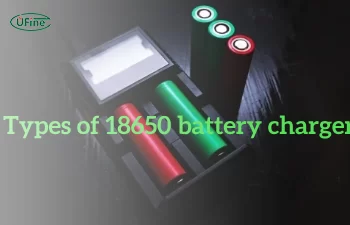
How to Charge 18650 Battery?
Learn safe and efficient methods to recharge 18650 batteries, choose the right charger, and extend their lifespan with essential charging strategies.
2024-1-4 Ufine
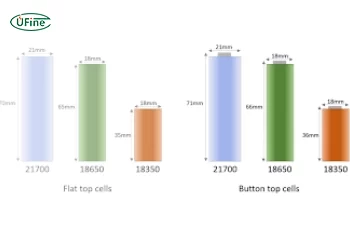
18650 Battery Flat Top VS. Button Top: What Is Different?
Confused about flat top vs button top 18650 batteries? Learn the key differences, pros and cons, and discover how to choose the best battery for your device.
2024-4-25 Ufine
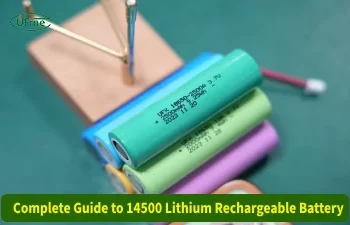
All About 14500 Lithium Rechargeable Battery
Discover the best practices for using 14500 lithium rechargeable batteries, including types, sizes, voltages, and more. Maximize battery life and performance!
2024-7-11 Ufine
FAQs About 18650 Battery 2000mAh
-
What applications are best suited for thin film batteries?
Thin film batteries are perfect for applications in wearable technology, smart devices, and any product where size and weight are critical factors. They provide reliable power without adding significant bulk. -
How do I know if a thin film battery is right for my product?
To determine if a thin film battery is suitable, consider your device's size, power requirements, and usage conditions. Ufine Battery's team can help you assess your needs and select the appropriate thin battery. -
Can I customize a curved battery for my smart ring?
Yes, Ufine Battery offers customization options for curved batteries, allowing you to tailor the size, voltage, capacity, and shape specifically for your smart ring design. -
How can I determine if a curved battery is suitable for my device?
To assess the suitability of a curved battery for your device, consider the shape, size, and power requirements. Ufine Battery's experts can guide you in selecting the right curved battery for your smart ring or other wearable devices. -
What does high rate of battery discharge mean?
A high rate of battery discharge means the battery can release its stored energy quickly, measured in current (amperes) or C-rate. It is essential for applications needing rapid power, such as electric vehicles and power tools. -
What is the best battery discharge rate?
The best battery discharge rate varies by application. For consumer electronics, a rate of 0.5C to 1C is usually sufficient. For high-performance uses like electric vehicles, higher rates (2C to 10C or more) may be needed. -
Which battery is best for high temperature?
Lithium iron phosphate (LiFePO4) batteries are best for high temperatures due to their excellent thermal stability and safety. -
What is the high temperature for a LiFePO4 battery?
The high temperature limit for LiFePO4 batteries is around 60°C (140°F) for continuous use. They can handle short-term exposure up to 85°C (185°F). -
Can low temperature batteries be charged in cold conditions?
Yes, many low temperature batteries can be charged in cold conditions, but charging rates may be reduced to protect the battery's health. It’s important to refer to the manufacturer's guidelines for optimal charging temperatures to ensure safety and longevity. -
What applications are suitable for low temperature batteries?
Low temperature batteries are ideal for applications such as outdoor power tools, winter sports equipment, electric vehicles in cold climates, and any devices that may be used in frigid conditions. Their design ensures reliable performance where traditional batteries may fail.
